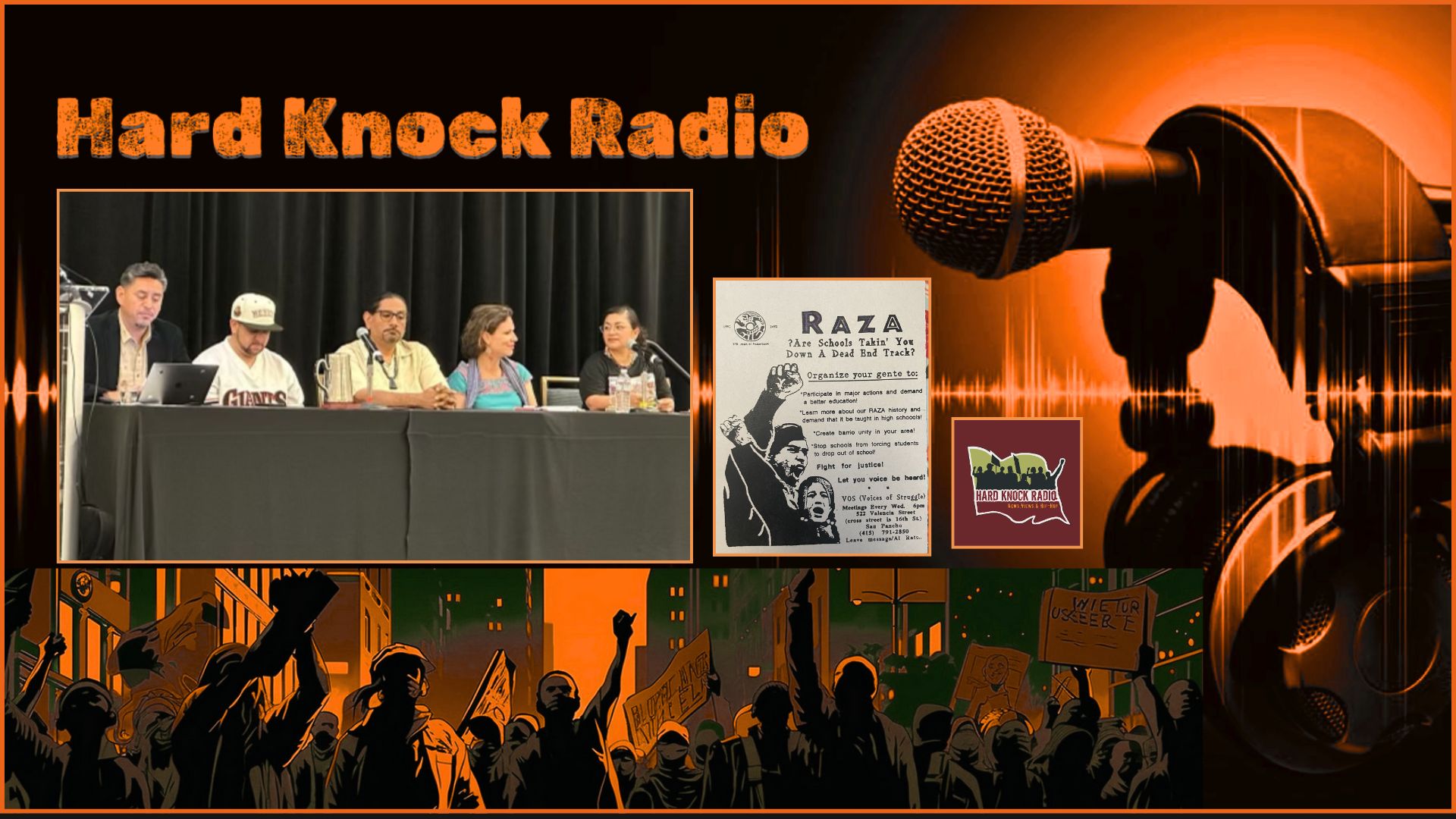The National Association for Chicana and Chicano Studies (NACCS) panel in San Francisco provided a deep dive into the vibrant Chicano youth activism of the 1990s in the Bay Area, highlighting the crucial role of young activists in shaping social justice movements. The discussion was enriched by insights from former teen activists turned educators—Gustavo Lopez, Serge Arroyo, Diana Negrin da Silva, and Prishni Murillo—guided by moderator Rafael Solorzano.

The 1990s in California were marked by significant political and social challenges, particularly against immigrant and Latino communities. This period saw harsh legislative propositions aimed at these groups, such as Proposition 187 which denied public services to undocumented immigrants, and Proposition 209 which ended affirmative action in public institutions. These laws spurred widespread mobilization among youth, leading to protests and the establishment of significant community resources like ethnic studies programs and bilingual education in schools.
The panelists shared personal narratives from their activism days, discussing their journeys and the events that propelled them into the movement. Chicano Youth activism in the Bay Area was on full tilt.

Sergio Arroyo recounted his initial engagement during a Raza Day at UC Berkeley, which sparked his involvement in further activism in San Francisco. Another, Prishni Murillo spoke about how during the 90s there was palpable fear and resilience in their community, which drove them to participate in demonstrations and educational initiatives.
The discussion of Chicano Youth activism also touched on the broader implications of these movements, such as the development of Chicano studies, which was heavily influenced by community activism. Panelists debated the commercialization of ethnic studies and stressed the importance of integrating community voices into academic settings to preserve the authenticity and activist roots of these programs.
Overall, the panel not only reminisced about the struggles and triumphs of the past but also called on current and future generations to continue the work of activism, emphasizing the ongoing need for community engagement and educational empowerment to address social injustices.


Leave a Reply